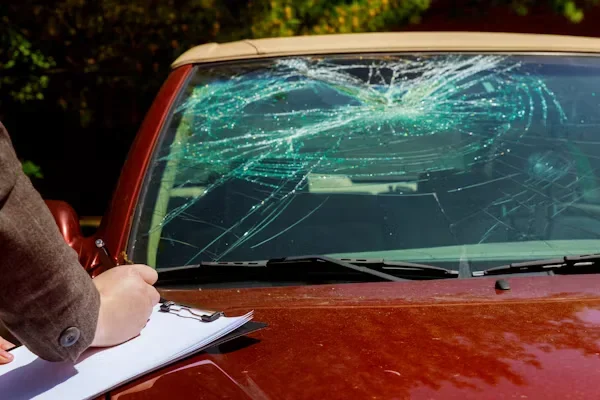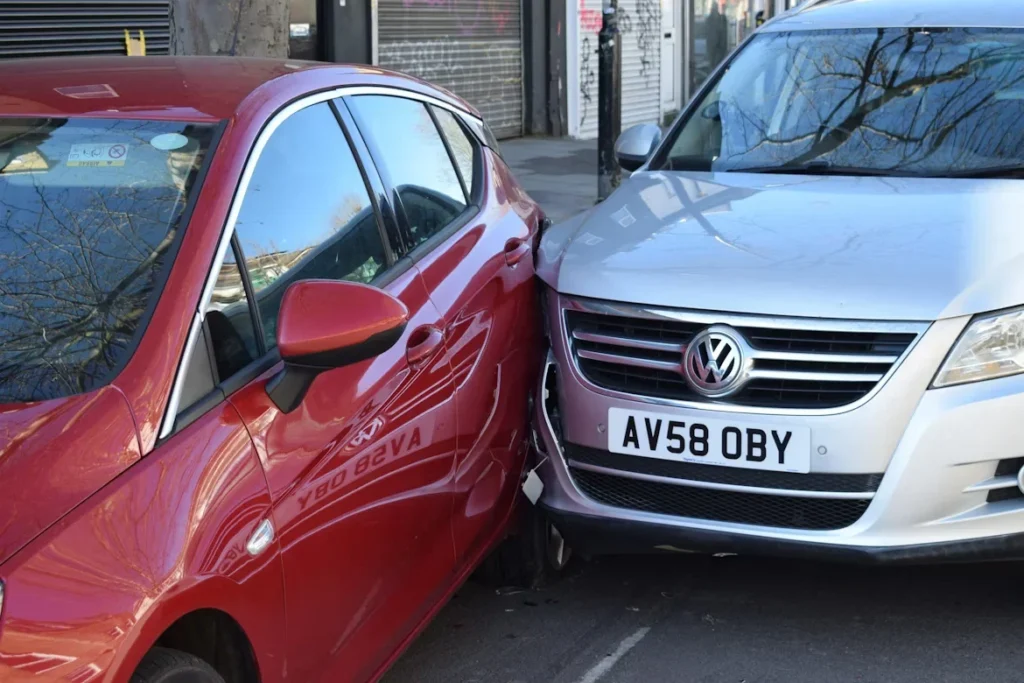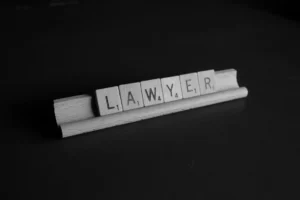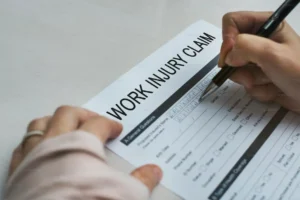Disclaimer: The information provided is for general educational purposes only. It should not be taken as legal or professional advice.
American roads are known for being unsafe, and 2025 was no exception, even though fatalities dropped significantly. An 8.2% decrease in traffic-related deaths was recorded during the first half of the year, Reuters reported. That is the lowest since 2020, the year of the pandemic, when lighter traffic led to fewer mishaps.
But then again, rare does not mean it won’t feel traumatic. Auto accidents are the worst, and dealing with the aftermath involves paperwork, insurance calls, and doctor’s visits. In this difficult time, many people end up making mistakes that are costly in both money and morale.
Victims can also get compensation under the personal injury law, but still, losing one’s rightful share is excruciatingly painful. In this post, we will reveal the mistakes you need to avoid if you want to receive a fair settlement as an auto accident victim.
Delaying Medical Treatment
Medical bills are featured prominently in a car accident settlement claim, according to Forbes. BUT you’ll need your injuries to be substantiated and documented to recover a just amount. So it is crucial to get prompt medical care.
A delay itself may suggest that your injuries were not severe or not caused by the accident. This can significantly reduce or deny your claim. The bottom line is, if you feel anything at all after a crash, go see the doctor in the first 24 hours.
Records from your first visit establish a time-stamped medical record linking your injuries to the accident. This makes it more difficult for insurance companies and the at-fault party to dispute your claim.
Moreover, some injuries, including soft tissue damage and internal bleeding, may not be evident right after the crash. Failing to seek help right away can worsen and complicate your recovery.
Not Gathering Evidence

As reported by Justia, in personal injury cases involving auto accidents, payouts depend on the evidence. It creates order of events and it helps prove the fault of the at-fault party. Unless you preserve critical proof right away, you might have a “she-said/he-said” situation or be offered less money.
Images of the crash site, the damage, and any apparent injuries are essential. You should also request copies of police reports, accident diagrams, and witness statements. Notes and reports from a medical provider, along with receipts for costs associated with a car accident, help establish the value of damages.
Not obtaining this information can subsequently make it very difficult to clearly evidence what happened and who is at fault. If you are able, document the scene as soon as possible; if not, find a witness or third party to preserve evidence for you.
Delay in Filing a Claim
Each state has strict time frames, known as statutes of limitations, for filing accident claims or personal injury lawsuits. A delay in filing beyond this timeline can lead to a denied claim, even if you were severely injured. For example, if you get into a crash in Colorado, you have two years to file a claim against the guilty driver.
Consider the example of a recent car crash in Colorado Springs. According to KOAA News5, a drunk driver hit a person near US Hwy 24 and 26th Street, leaving him dead. If the victim’s family does not connect with an auto accident lawyer in Colorado Springs within two years, they may lose the right to claim compensation for their loss.
Delays are problematic because they often result in lost or degraded evidence, fading memories, and increased difficulty obtaining reliable witness testimony. Insurance companies may also have policy-specific deadlines. Missing these can jeopardize your rights to recover damages.
Admitting Fault at the Accident Site

In the chaos following an accident, many victims feel compelled to apologize or accept blame, even unintentionally. The last thing you should do is to admit fault at the scene, in statements to police, or on insurance paperwork. Remember that even an unintentional statement can go against you and hurt your claim.
Insurers may use your words as proof against you, regardless of actual liability. You may have suffered due to someone else’s negligence, but something you say can prove that the fault is yours. In fact, fault is often shared, and investigations can reveal contributing factors not immediately visible.
Experts recommend providing only truthful, factual information. Do not admit fault, speculate, or issue apologies at the site or in subsequent reports. If you feel disoriented, you can refrain from saying anything to be on the safe side.
Accepting a Quick Settlement
Sometimes insurance companies offer an early, small settlement. They’re just aiming to try and get claimants to make a deal before they understand the entirety of their losses. But it’s the biggest mistake you can make, even though fast money might seem enticing when you’re injured and out of work.
Fast settlements generally do not consider future medical expenses, lost earnings, or long-term pain and suffering. You can rarely negotiate it after the fact, even if you develop new injuries or incur additional expenses. This usually occurs when people have sustained internal injuries that don’t present any signs in the beginning.
Don’t accept a premature settlement without the advice of an attorney. You also must figure in damages for pain and suffering, as well as lost wages. As a general rule, you should never settle until you are sure of what harm has been done to you.
FAQs
What injury is the most difficult to prove?
The most complex injuries to prove in auto accident claims are typically those without visible physical evidence. Some examples are whiplash, psychological trauma (PTSD), or chronic pain syndromes. These conditions often rely on subjective self-reporting and medical diagnosis rather than precise imaging or scans, making insurers skeptical.
How much compensation can be claimed for anxiety after an accident?
Compensation for anxiety following a car accident varies depending on factors like severity, duration, supporting evidence, and state laws. Claims can include therapy costs, psychiatric medications, lost wages due to inability to work, and diminished quality of life. However, you will have to provide robust proof to establish the claim.
What evidence is required to prove emotional distress?
To prove emotional distress, claimants need to provide a diagnosis or assessment from a licensed mental health professional in the first place. Counseling or therapy records, bills for psychological care, and medication receipts are also required. The claim can be further strengthened with statements from family, friends, or coworkers about behavioral changes and their impacts.
An auto accident can be overwhelming for a victim, regardless of the injuries they sustain. There is a chance they may miss out on a fair settlement due to avoidable errors. Avoiding these critical mistakes enhances the chances of a fair settlement. If you are unsure, consulting a legal expert experienced in auto accident claims provides clarity, advocacy, and protection against common pitfalls.












